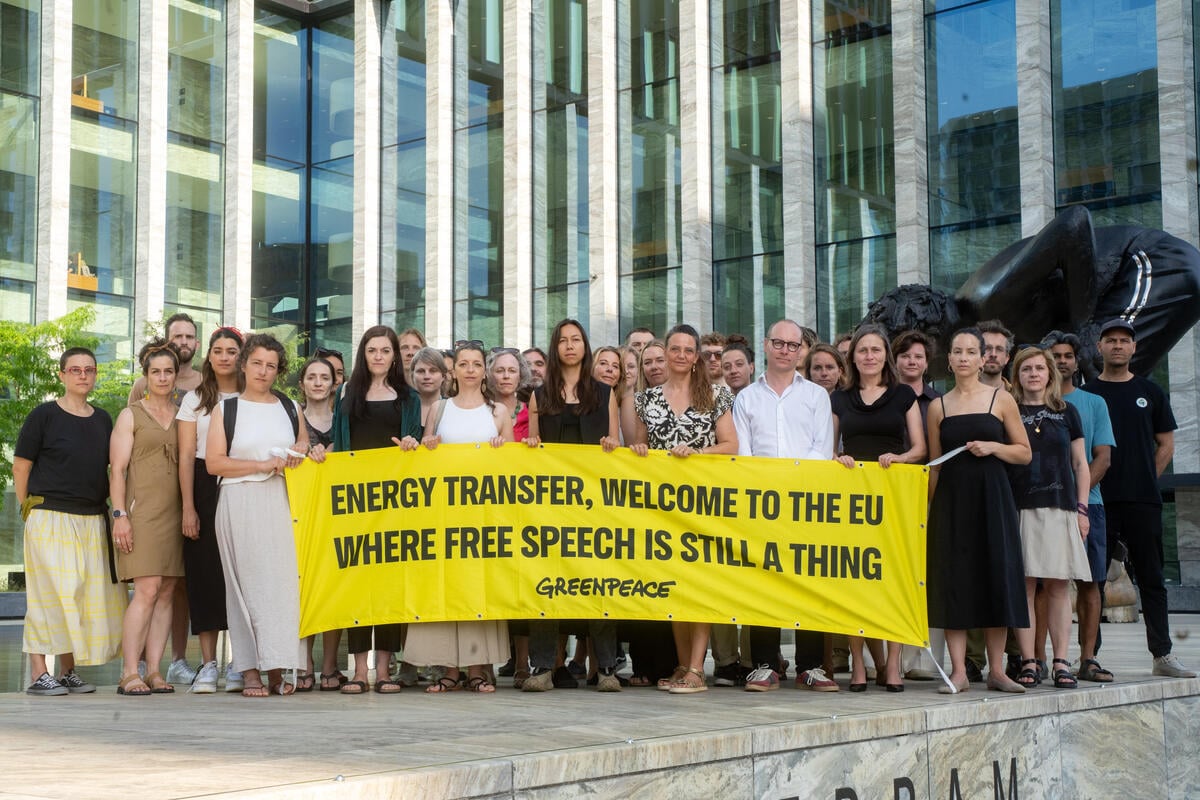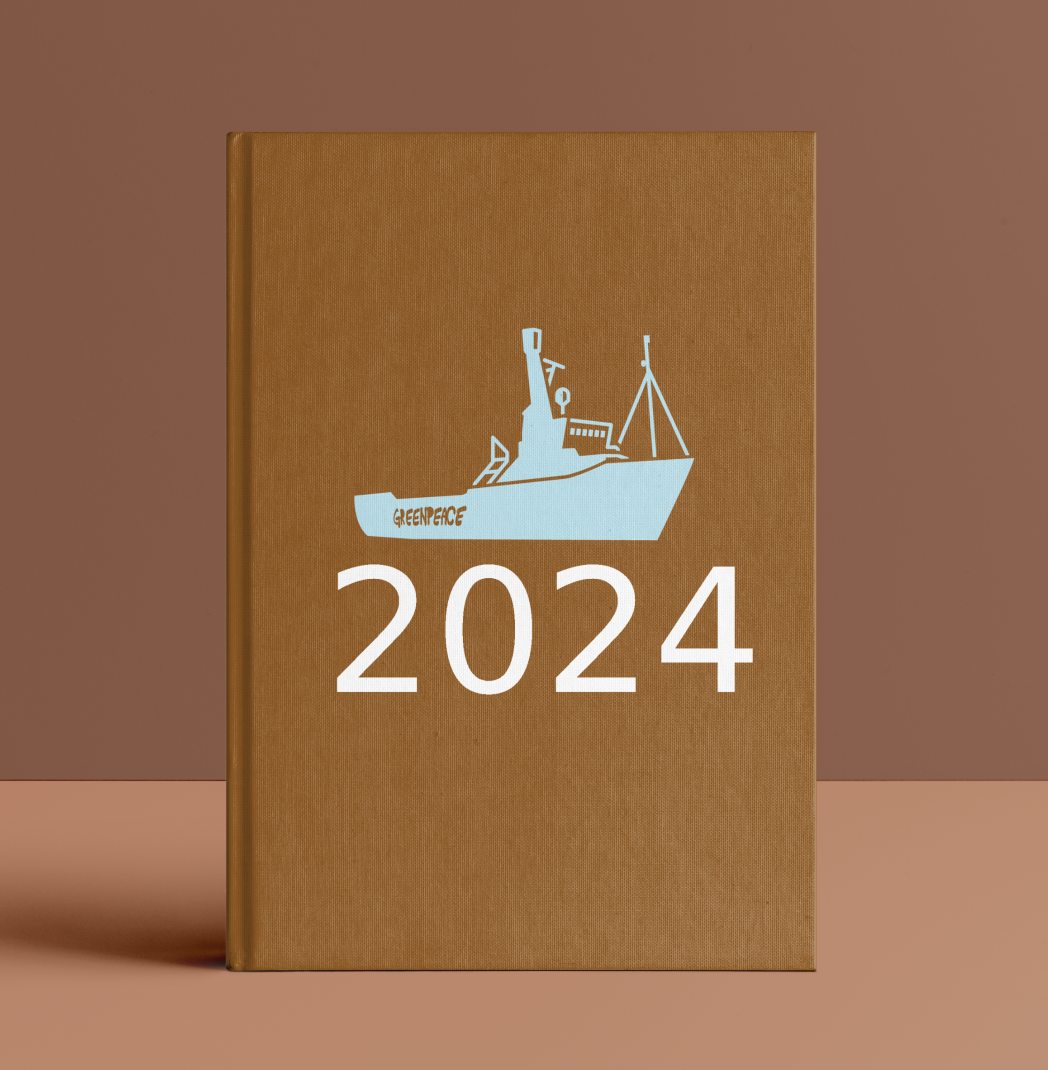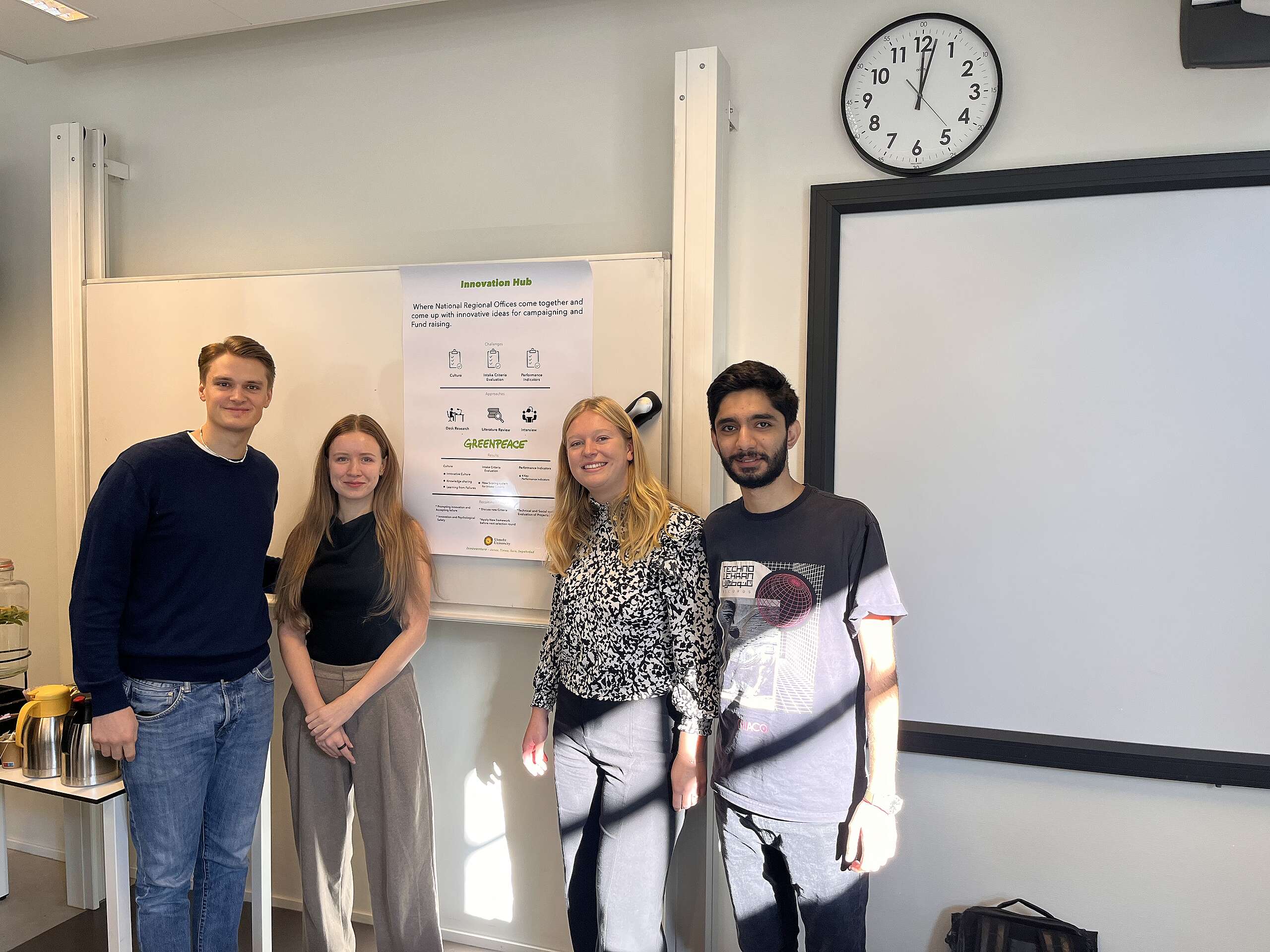In the spirit of international Pride month, it is important to recognise the profound connection between social justice and climate activism. At the core of this connection are the principles of Justice, Equity, Diversity, Inclusion, and Safety (JEDIS) – values that are fundamental to our work here at Greenpeace. Here are some common questions often asked about the importance of JEDIS and how these values intersect with climate activism.
1. What is JEDIS and why is it important?
JEDIS stands for Justice, Equity, Diversity, Inclusion, and Safety.
These values are at the heart of all Greenpeace campaign work as we believe that protecting our mother nature and achieving climate justice for all begin with treating every single person with respect and equality. These values aim to openly embrace the diversity of nature and create an inclusive, safe environment for all living beings.
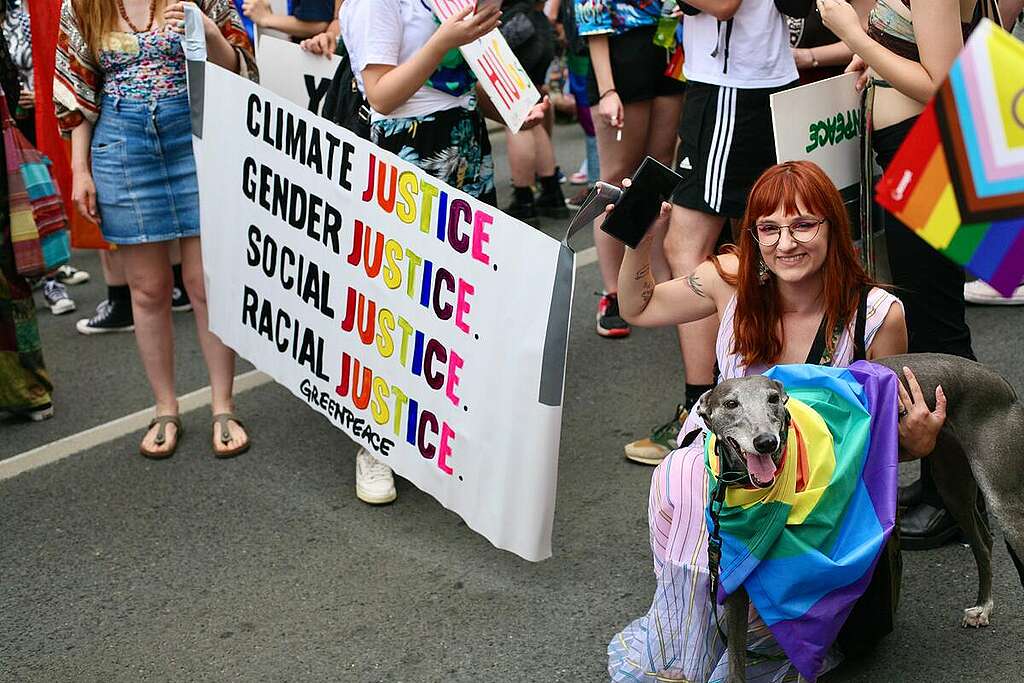
2. What is climate / environmental justice?
Climate/environmental justice is about protecting our human rights in the face of the ongoing climate crisis. It’s also about striving for a fair and equitable treatment of all individuals and communities, regardless of their race, ethnicity, gender, disability status, socioeconomic standing, geographical location etc., in relation to environmental issues and the disproportionate impacts of the climate crisis.
3. How do JEDIS and environmental activism intersect?
The system we live in today has historically favoured and given special treatment to a select few, while leaving behind most individuals and communities with significant disadvantages. As a result of that, discussions about the climate crisis are very closely connected to broader social, gender, racial and economic injustices. Using JEDIS principles, Greenpeace’s climate activism aims to make sure that marginalised communities, particularly those disproportionately impacted by the climate crisis, have their voices heard and their needs addressed.
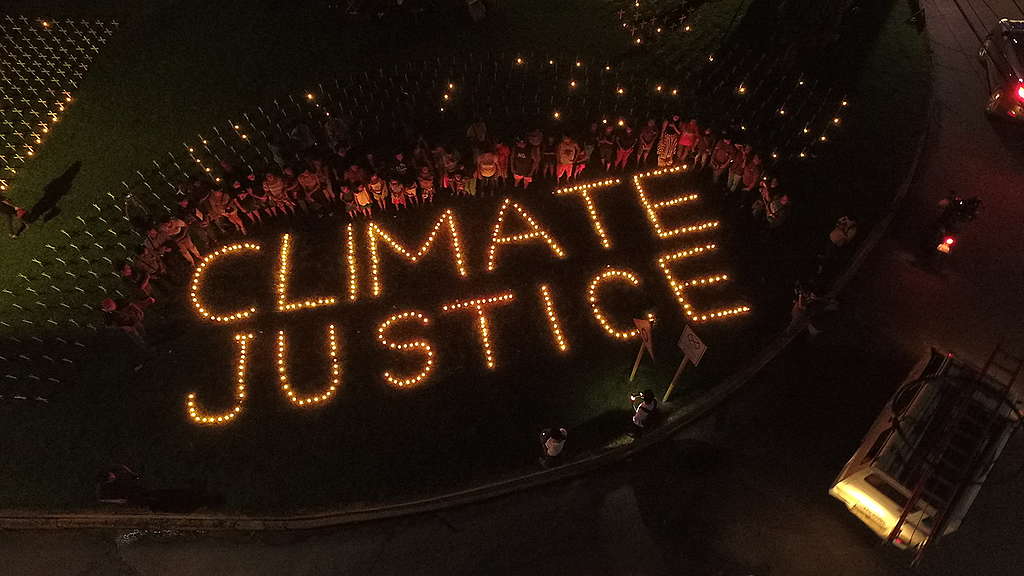
4. Why does climate change affect people differently?
The climate crisis affects everyone differently, particularly depending on their identities and the intersections of those identities. Factors such as gender and socioeconomic status can all influence how a person experiences the impacts of the climate crisis.
For example, the LGBTQIA+ community often faces heightened vulnerability due to pre-existing social discrimination and marginalisation. Limited access to resources, support, housing, healthcare, and employment can exacerbate their exposure to environmental risks posed by the climate crisis. The climate crisis also has disproportionately impacted women, especially in the global south, where women are more dependent on natural resources and agriculture for their livelihoods. Climate-related disasters significantly affect these sources of income, leading to increased poverty and food insecurity among women. Women also bear a bigger burden of water and food collection, face heightened health risks, and are more vulnerable to discrimination, violence and displacement.
5. Why is it important for environmental movements to keep supporting marginalised communities?
As explained above, marginalised communities bear the biggest burden of environmental degradation and climate crisis impacts, worsened by pre-existing inequalities. By prioritising JEDIS values with the climate movement, we can address the disproportionate burdens faced by marginalised communities and work towards climate justice. As climate justice means justice for all – not just a select few – it is important to stand in solidarity across different social justice movements, acknowledging that environmental issues are interconnected with all forms of oppression, such as racism, sexism, elitism and ableism.
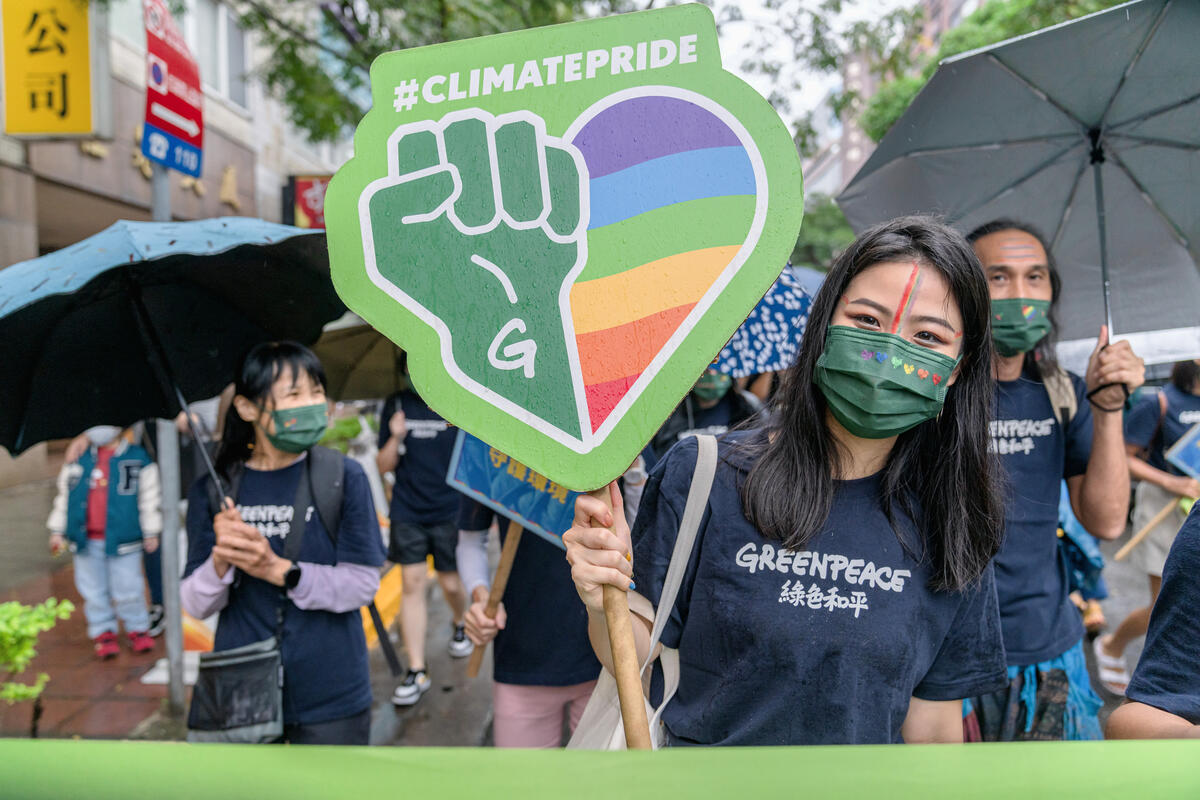
The climate crisis is a global challenge that affects all of us, but its impacts are felt even more deeply by the most vulnerable communities. By prioritising JEDIS within the environmental movement, we can address these inequalities and work towards climate justice for people from all walks of life. We must continue to listen to the voices of the underrepresented communities and work together to create and carry out sustainable solutions for their needs so that this world we’re trying to protect becomes an equitable and inclusive one for all of us.
Yaewon Hwang is Greenpeace East Asia’s Senior Partner for Equity, Diversity, and Inclusion.

